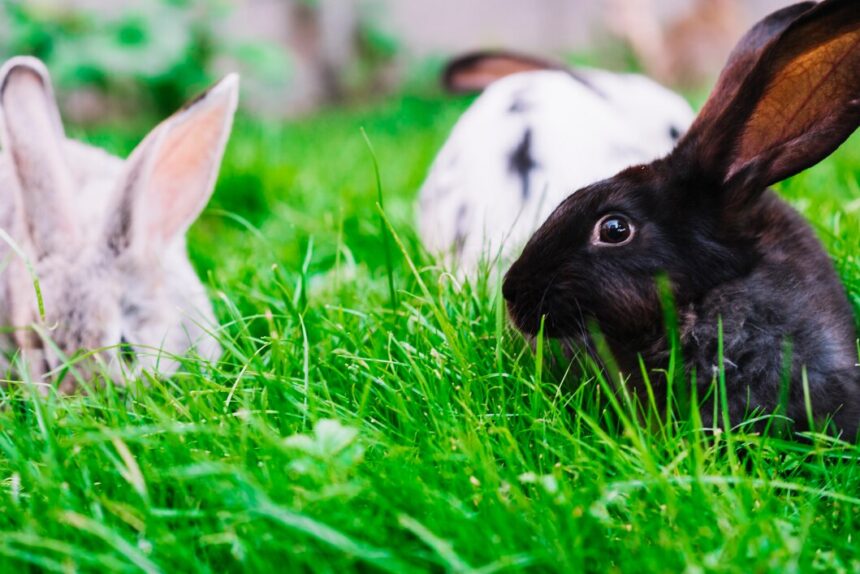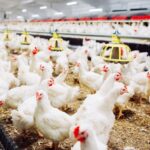Rabbit farming, also known as cuniculture, has gained popularity in South Africa due to its sustainability and potential economic benefits. Whether you’re considering starting a rabbit farm or expanding your agricultural ventures, here are 20 essential insights into rabbit farming in South Africa.
Breeds Suitable for South Africa:
Select rabbit breeds that thrive in South Africa’s climate. Common choices include New Zealand White, Californian, and Chinchilla.
Housing Requirements:
Provide secure and well-ventilated hutches or cages for rabbits. Ensure protection from extreme weather conditions.
Feeding Guidelines:
Develop a balanced feeding plan that includes hay, pellets, and fresh greens. Monitor nutritional needs for different life stages.
Reproduction Rates:
Rabbits are prolific breeders. Be prepared for rapid reproduction, with females capable of having several litters per year.
Health Management:
Regularly check rabbits for signs of illness. Common issues include respiratory infections and gastrointestinal problems.
Hygiene Practices:
Maintain clean living conditions to prevent diseases. Regularly clean cages, provide fresh water, and remove soiled bedding.
Breeding Age and Maturity:
Rabbits can breed from around five months of age. Be mindful of their maturity for responsible breeding practices.
Market Demand for Rabbit Meat:
Rabbit meat is lean, healthy, and gaining popularity. Research market demand to align your production with consumer preferences.
Commercial and Homestead Farming:
Determine your farming scale—whether for commercial purposes or personal consumption. Plan accordingly for space and resource requirements.
Manure as Fertilizer:
Rabbit manure is an excellent organic fertilizer. Utilize it in your garden or as a natural soil enricher.
Predator Protection:
Implement measures to protect rabbits from predators like birds of prey, snakes, and larger mammals.
Handling and Socialization:
Handle rabbits gently to build trust. Socialization contributes to calm and well-behaved rabbits.
Diversified Product Potential:
Explore various rabbit products beyond meat, including fur, hides, and even as pets.
Local Regulations and Permits:
Understand local regulations and obtain necessary permits for rabbit farming. Compliance is essential for a sustainable operation.
Training and Resources:
Equip yourself with knowledge through training programs and utilize resources provided by agricultural institutions.
Disease Prevention Measures:
Implement biosecurity measures to prevent the introduction and spread of diseases on your rabbit farm.
Breeding Selectivity:
Selectively breed rabbits based on desired traits, such as meat quality, fur color, or specific breeds.
Weaning Practices:
Develop a weaning schedule for young rabbits. Proper nutrition during this stage is crucial for their development.
Monitoring Growth Rates:
Monitor the growth rates of rabbits to ensure they meet industry standards. Adjust feeding accordingly.
Networking with Rabbit Breeders:
Connect with local and experienced rabbit breeders for insights, advice, and potential collaborations.
Rabbit farming presents a unique and rewarding venture in South Africa. By understanding these key aspects, aspiring rabbit farmers can embark on a journey that combines sustainable practices, economic viability, and the joy of working with these resilient and prolific animals.
Join 'Farmers Mag' WhatsApp Channel
Get the latest Farming news and tips delivered straight to your WhatsApp
CLICK HERE TO JOIN






